Time to justify expenses in industry littered with neglect, abuse
THE bosses of the biggest six aged care companies pocket seven-figure salaries and churn through $2.17 billion in taxpayer funds a year. Here is a glimpse of their multimillion-dollar lifestyles.
NSW
Don't miss out on the headlines from NSW. Followed categories will be added to My News.
THE bosses of the biggest six aged care companies pocket seven-figure salaries and churn through $2.17 billion in taxpayer funds a year.
Now they are scrambling to prepare answers as the blowtorch of a royal commission is turned on an industry littered with cases of shameful neglect and abuse.
As the banking royal commission enters its final months having claimed several scalps among the corporate elite, the aged care sector is preparing for a reputational battering of a similar order.
After shocking revelations including that up to seven out of ten elderly people in care are malnourished, Prime Minister Scott Morrison on the weekend pulled the trigger on a royal commission into the sector.
At the same time residents survive on meals reportedly costing $6 a day, the six big for-profit companies running nursing homes in Australia took 70 per cent of their total revenue in the form of subsidies and grants from government coffers.
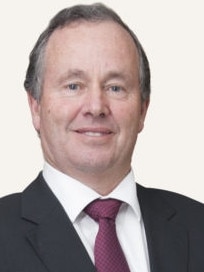
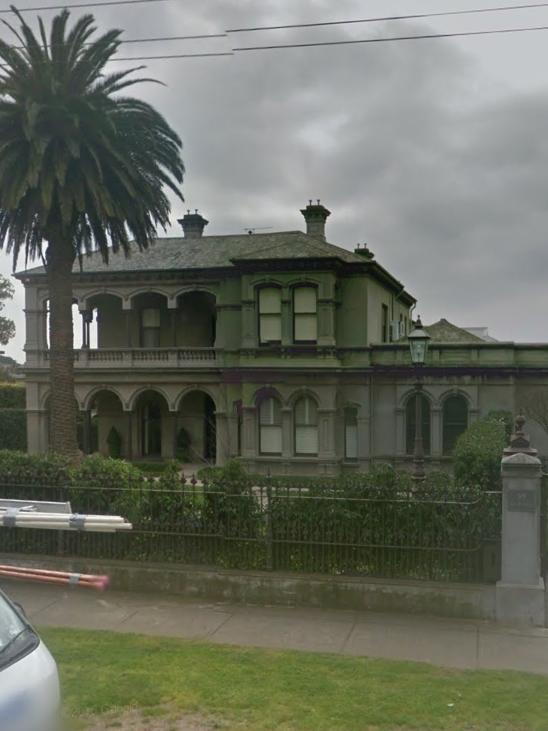
MORE NEWS:
Clover’s ‘captain’s call’ on playground name
‘Stripped naked, beaten, shaved’: Bikie’s ex speaks out
Chooks v Bunnies a blast from the past
From total revenue of a whopping $3 billion, the big six made a comparatively small combined $210 million profit and at least one of them — Allity — paid no tax last year, a report by the Tax Justice Network found this year.
Allity did however make a profit — $20 million — for its private equity owner Archer Capital which has foreign pension fund investors.
Tax Justice report found “companies providing social services, and benefiting from government funding, are also using complex tax avoidance schemes”.
UK headquartered BUPA is Australia’s largest for-profit aged care provider and earned $663 million in 2017 — $468 million courtesy the taxpayer — to make a profit of $22 million.
While revenue increased by $27 million last year, BUPA slashed costs, paying suppliers and employees $3 million less.
“Bupa is, or has been, under audit by the ATO for thin capitalisation — the practice of using high interest offshore related party debt to artificially reduce taxable income,” the Tax Justice report said.
A spokesman for the company said: “Bupa Australia does not use any tax avoidance or aggressive tax minimisation strategies and believe our financial and tax affairs, together with the strong accountability and probity mechanisms under the Aged Care Act and Corporations Act, are appropriate.”
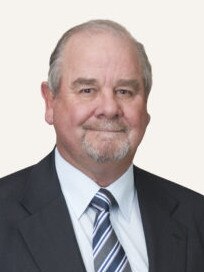
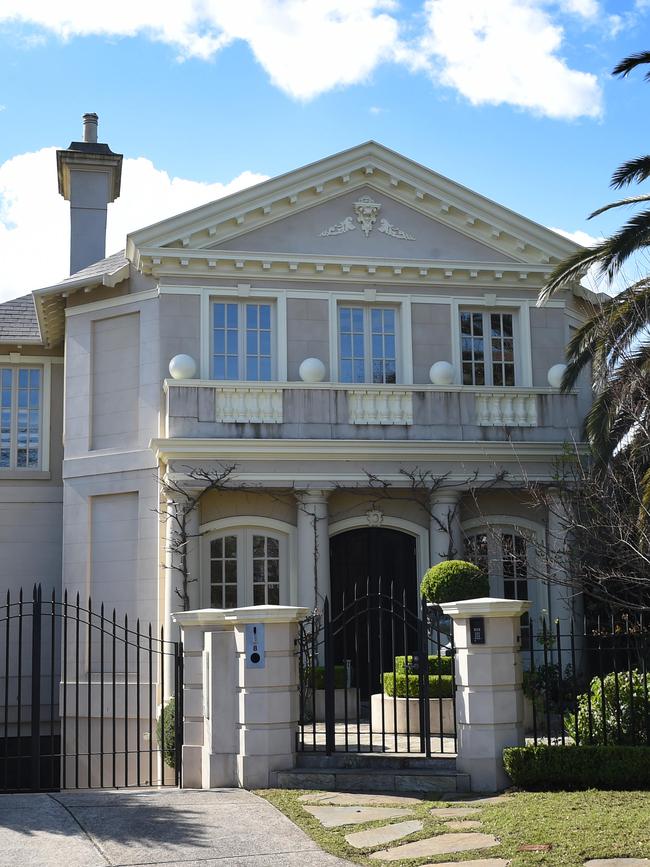
He said the salaries of aged care managing director Jan Adams and chairman — former Labor federal health minister and Attorney-General Nicola Roxon — were not disclosed by the UK parent company.
This month a BUPA worker was charged after he was filmed by a hidden camera hitting an 82-year-old resident with a shoe at the Northern Beaches facility.
Three of its centres in Mosman, St Ives and Bateau Bay have been audited by The Aged Care Commission and been found to have failed to meet standards of clinical care, catering, cleaning, privacy, dignity and behavioural management.
A BUPA spokesman said it had appointed an independent consumer expert in the wake of the attack on the resident at Seaforth.
“Recent events have shown we sometimes fail to live up to the high standards we set, and we are committed to addressing this,” he said.
Regis Aged Care founders Ian Roberts and Bryan Dorman made millions when they floated the company on the Australian Stock Exchange four years ago.
They are on the rich list, Mr Roberts worth $519 million and Mr Dorman worth $457 million and both live in mansions in Melbourne’s finest suburbs.
Last year their company pocketed $556 million including $397 million in government funds and subsidies and paid just $27 million in tax to deliver an after-tax profit of $61 million.
Managing director Ross Johnston hoovered up more than $1 million in pay and perks in the 2017 financial year, including $175,464 in cash bonuses — although not as much as the previous year’s bumper cash bonus pay of almost $300,000.
He bought his luxury mansion in the affluent Victorian seaside suburb of Brighton in his wife’s name in 2009 for $5.05m.
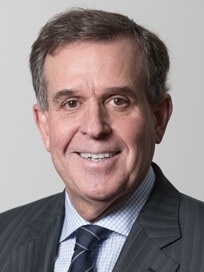
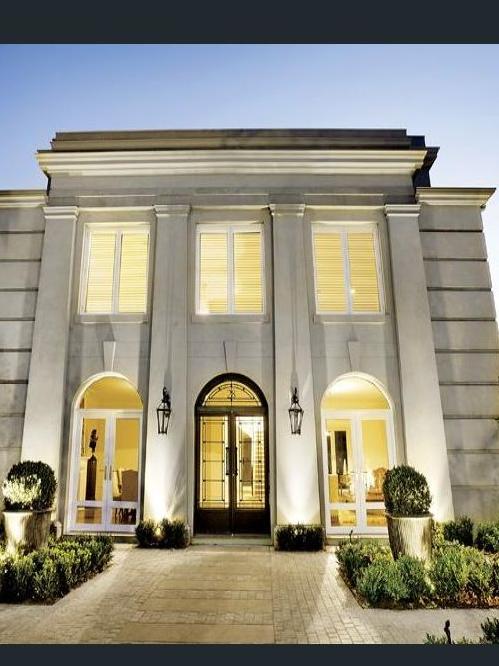
Mr Johnston welcomed the Royal Commission and said Regis supports “any measures that mean senior Australians are able to consistently receive quality aged care.”
Estia Health is also listed on the stock exchanged and turned over $547 million last year — three quarters or $404 million of that came from taxpayer funded subsidies.
Estia’s chairman is high-profile independent director Gary Weiss, also chair of Ardent Leisure, a position he took on after four people died in an accident at its Dreamworld theme park.
Weiss trousered $250,000 as chair of Estia. Outgoing CEO Norah Barlow took home $1.034 million in pay and perks in the last financial year.
She welcomed the Royal Commission and said: “Caring for the elderly is a privilege and enormous responsibility. We will continue to work with government to build a viable sector that older Australians deserve.”
Last year an Estia employee at its North Epping facility was charged with assaulting an 85-year-old resident.
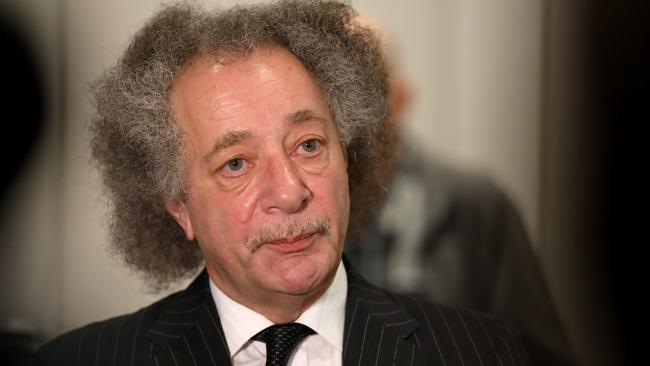
Its homes in Bexley Park and Mona Vale have both been found to have unmet standards of care by government auditors.
Listed aged care company Japara handed CEO Andrew Sudholz $2.09 million in pay and perks, including $990,000 in bonuses in the 2017 financial year.
At the same time as the company reported a profit of $29 million it ordered staff to not check on residents overnight in a move that was criticised as a way to reduce staffing.
In the annual report Mr Sudholz set out just how bright the outlook was to make more money: “The fundamentals of the residential aged care industry remain favourable given Australia’s ageing population and increasing prevalence of entering residential care at a later age, with more chronic and complex health conditions, including dementia.”
The company took around 72 per cent of its revenue from government funding and subsidies — $254 million.
According to the Tax Justice Network its revenue per bed was $282 a day.
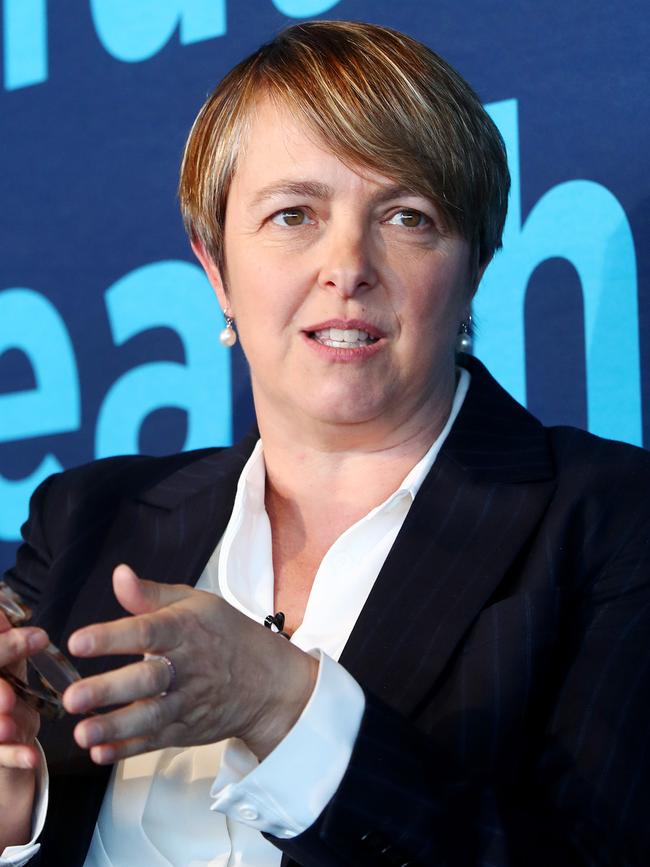
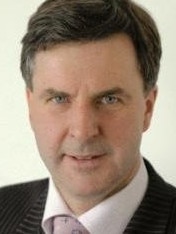
Number of ‘risky’ aged care homes skyrockets
Twenty-one aged care homes in NSW were under tough sanctions for putting residents at risk of harm last year — five times as many as any other year.
Aged Care Minister Ken Wyatt said the steep rise in reports of serious risks had convinced him of the need for a royal commission.
He said the inquiry was an important step forward in looking at the structure of the sector and ensuring the government was tackling all the reforms needed to look after older Australians.
Figures obtained by The Daily Telegraph show there were 26 residential facilities sanctioned last financial year — 21 of those in NSW — more than double the 11 targeted in 2016-17.
In past decade only 2008-09 saw more sanctions nationwide, but only four of the 30 were in NSW.
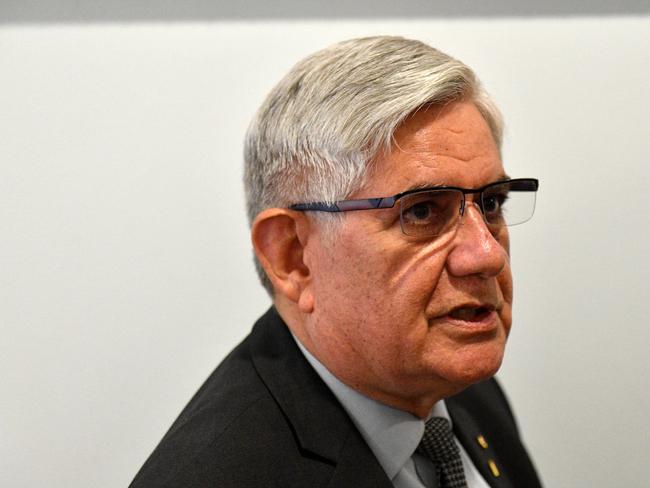
The most common complaints about residential care related to medication, lack of falls prevention, and help when a resident had injured themselves, as well as hygiene.
The Aged Care Complaints Commission referred issues to the national auditor only when there were fears they identified a systemic breakdown that could affect a number of older people in care.
Mr Wyatt said that over the next few days the government would be working hard on the terms of reference for the royal commission.
“I’ll be talking to a range of groups, mainly consumers, families, relatives and providers, in the days ahead,” he said.
“I would encourage Australians to think about the broad areas that we want to cover.”
— Sheradyn Holderhead
